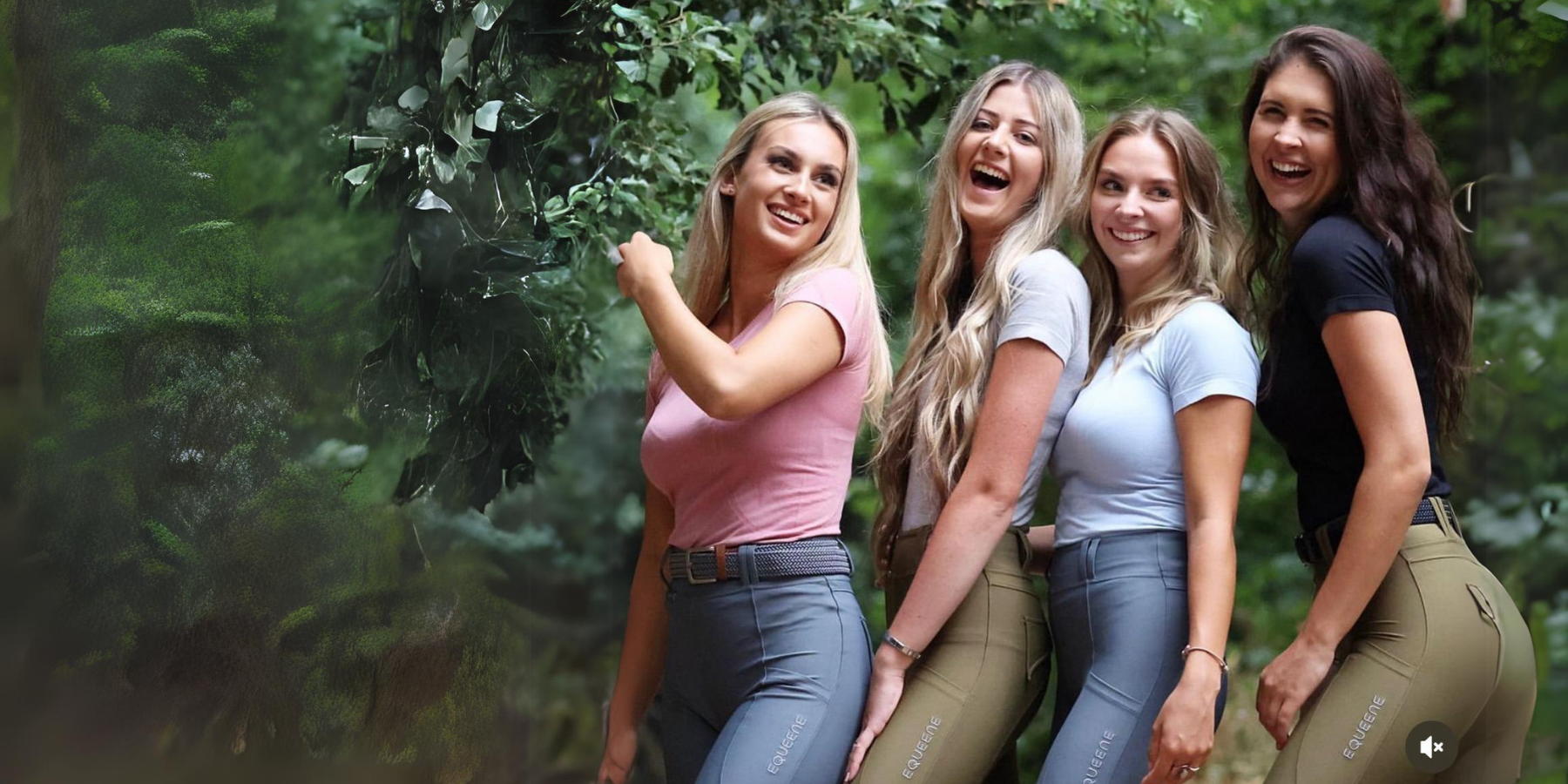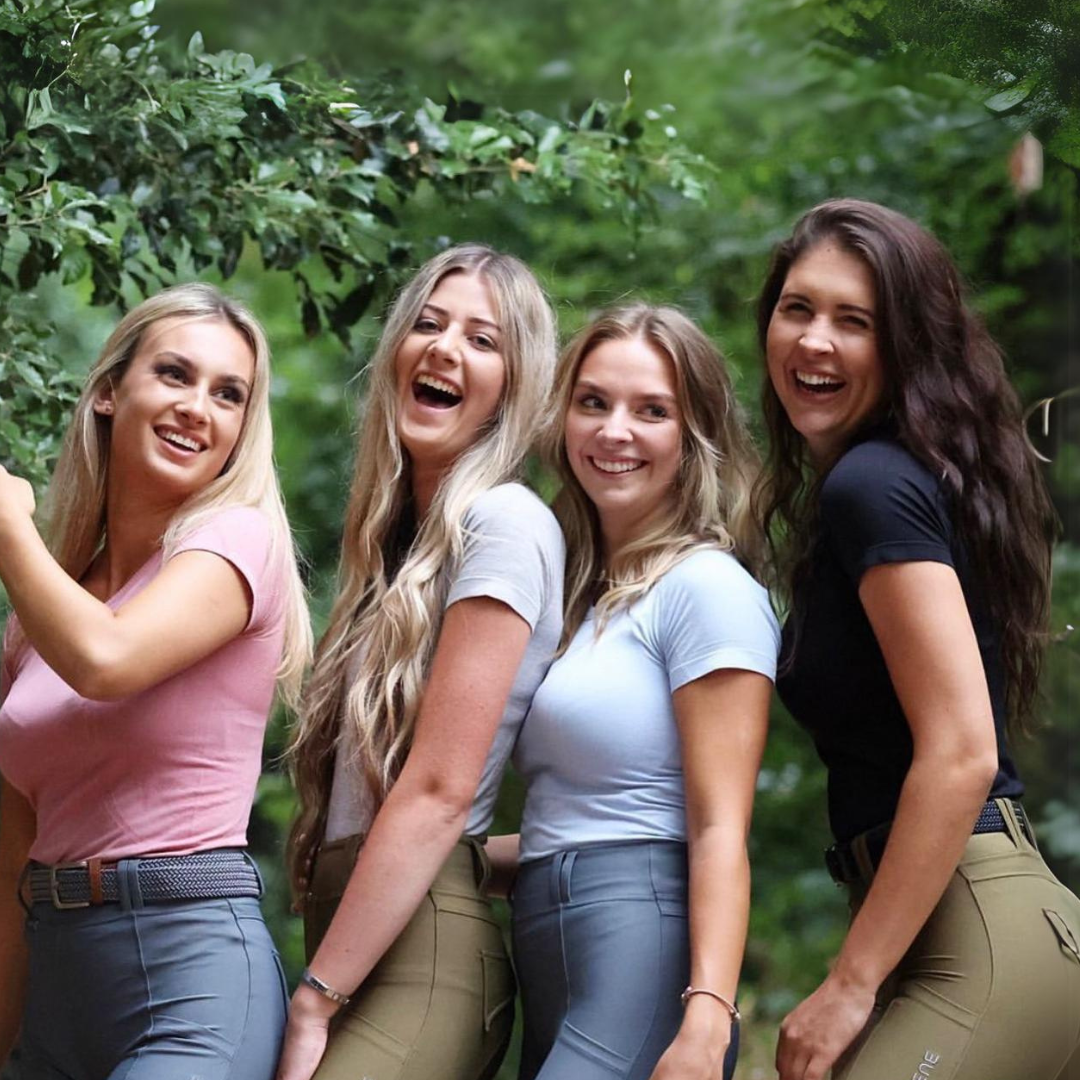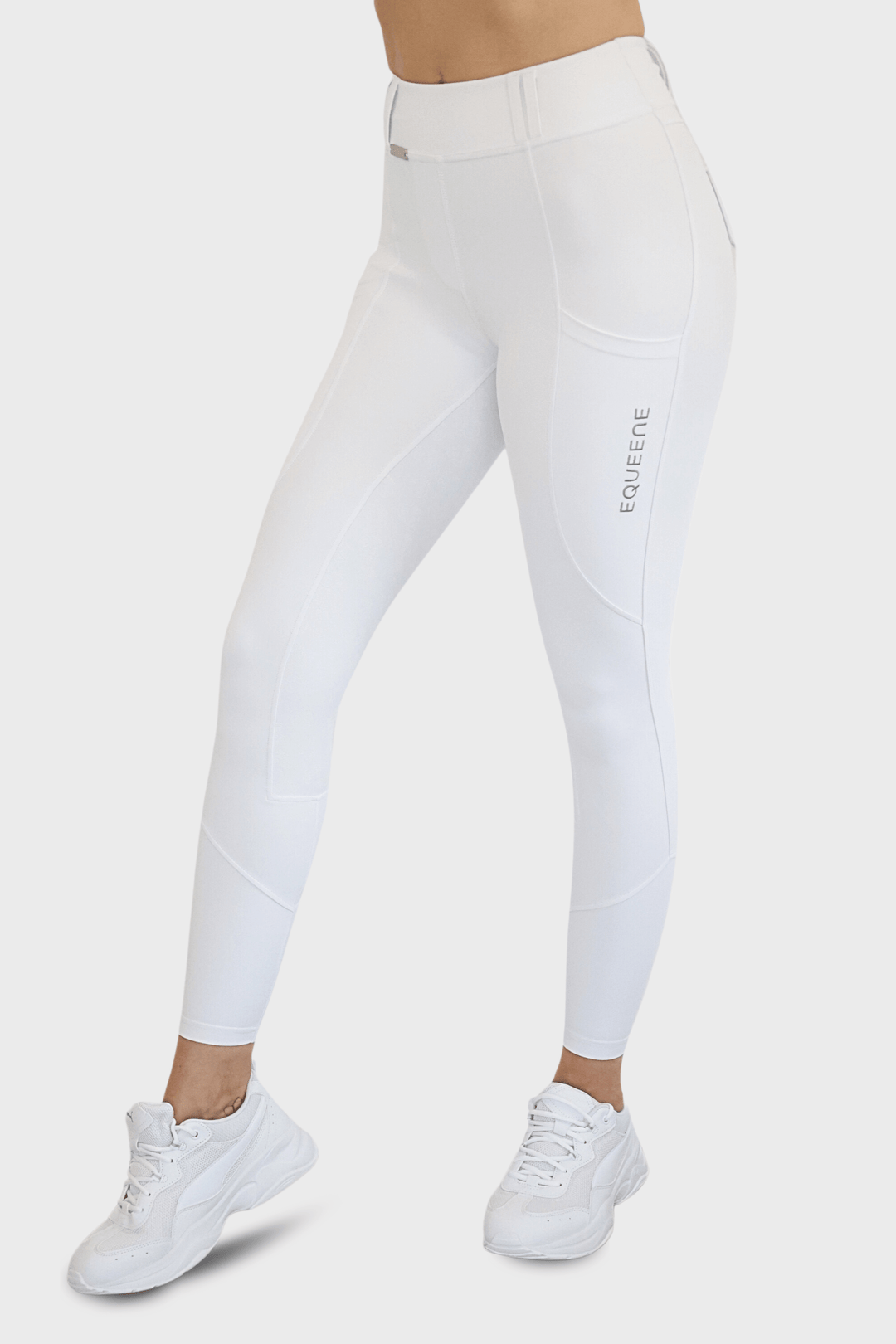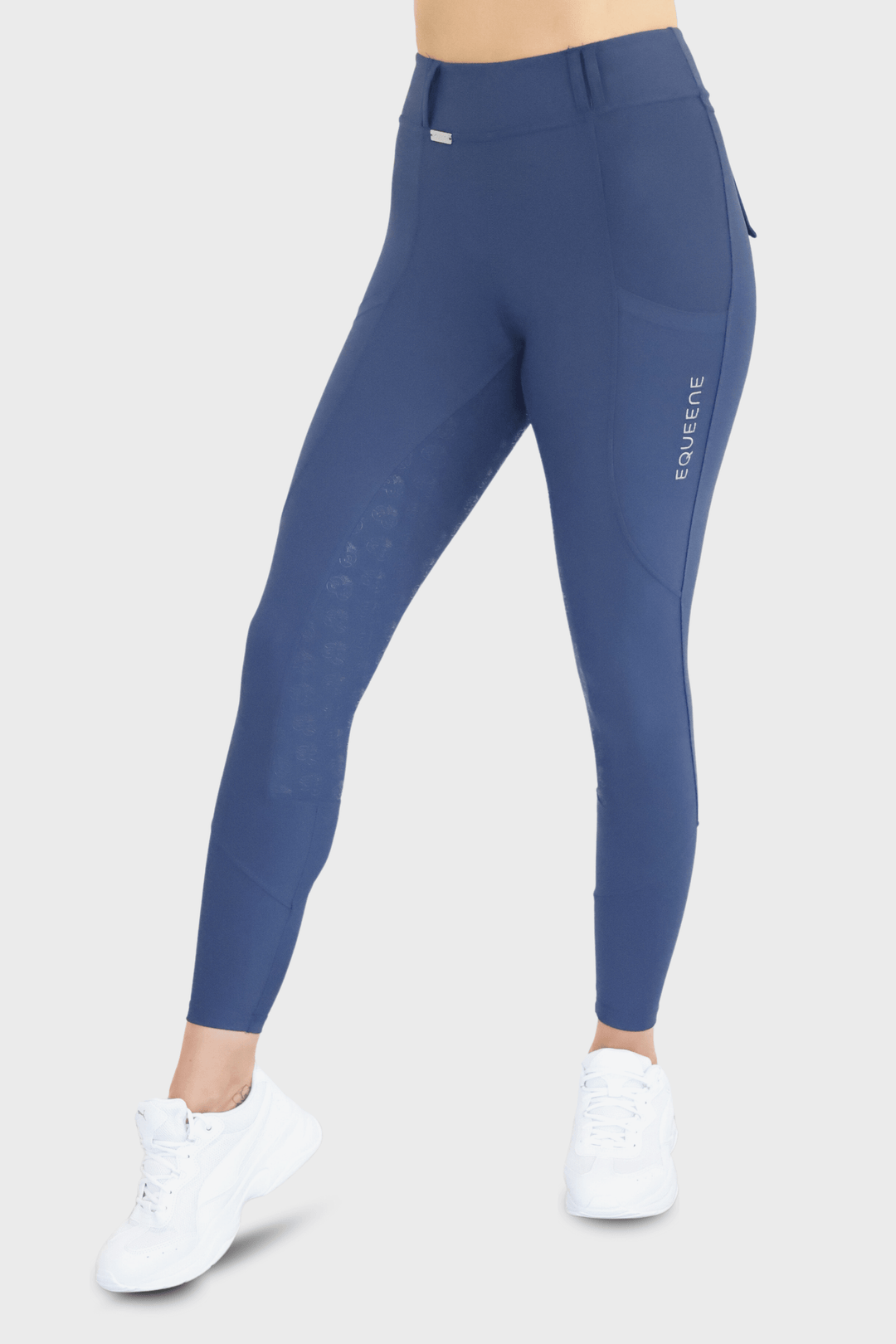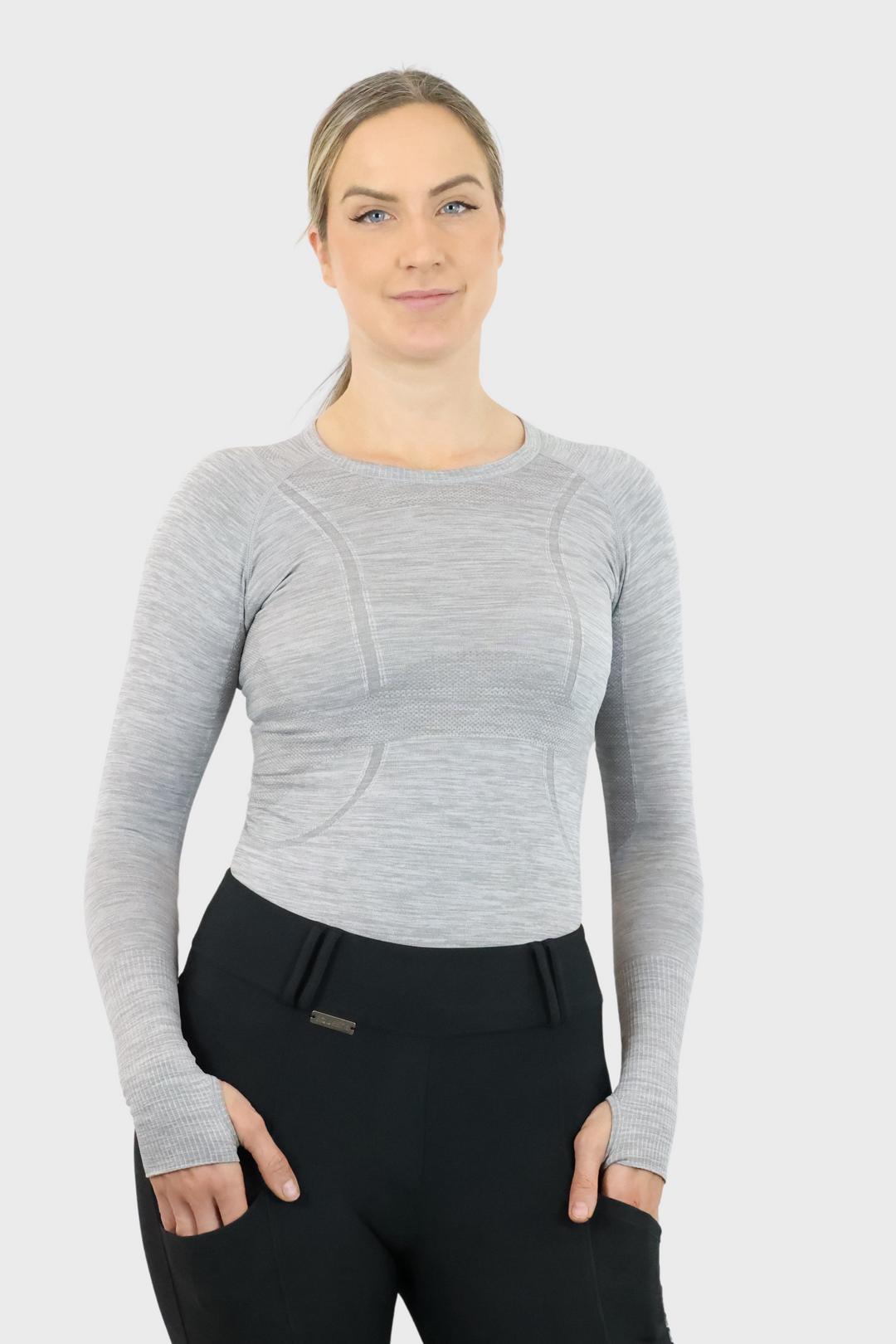Horse riding is a passion for many of us, and for some people horses are their way of life and they are lucky enough to ride every day. Unfortunately, many of us do not have the time or funds to ride as often as we would like, and this can lead to worries that you might be a little rusty when you do have the opportunity to get back in the saddle.
However, becoming an accomplished horse rider is not just about clocking up hours in the saddle; it’s a discipline that you can work on at any time to improve your knowledge and mental and physical approach to equestrianism. Here are some helpful tips.
Work on your strength and suppleness
People who don’t ride assume that it isn’t physically strenuous, but you will know that this is certainly not the case! To get the most out of your horse, you need to have good cardiovascular fitness, excellent core strength, suppleness, good balance, and leg strength. These are all areas you can work on without riding.
You don’t have to hit the gym every day, but making the effort to change into your sweatpants and go for a jog two or three times a week will boost your cardio fitness and leg strength. Swimming is a great way to improve suppleness and all round fitness levels. Meanwhile, yoga and pilates can help to improve your core strength and balance.
Get in the right mindset
Being a good rider takes mental as well as physical discipline. You need to have the sensitivity to listen to your horse and build a positive relationship, but also the toughness to overcome nerves, take setbacks in your stride without showing frustration, and the insight to recognise when something isn’t working and when you need to try a different approach.
You can work on your riding mindset by developing positive mental habits and challenging any negative self-talk; being mindful of controlling your emotions rather than letting them control you; and working on your mental focus to meet your goals and bounce back from mistakes quickly.
Increase your knowledge
The art of equestrianism is a vast and ancient discipline, and there is so much to learn. Read about horse psychology to give you an insight into the way horses think. This will help you to understand how and why he reacts to certain situations and help to shape your approach to riding and handling horses.
There’s a huge amount of information freely available online or in libraries about the art of schooling horses, and the various movements that will help improve their flexibility, impulsion, responsiveness, and so on. If you have riding lessons, this knowledge will help you understand exactly why the instructor is asking you to perform certain exercises.
Spend time with horses
If you don’t have the chance to ride often, you can still learn a lot from watching others ride, even if it’s simply perusing YouTube videos. If you have the opportunity to help out with feeding or grooming, this will help to strengthen your bond with horses.





